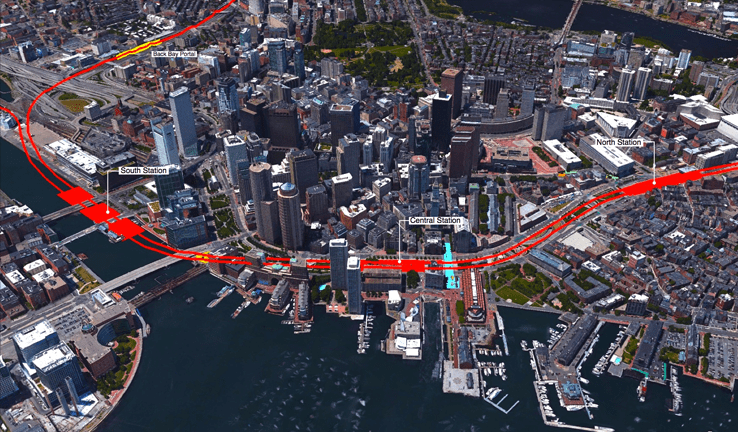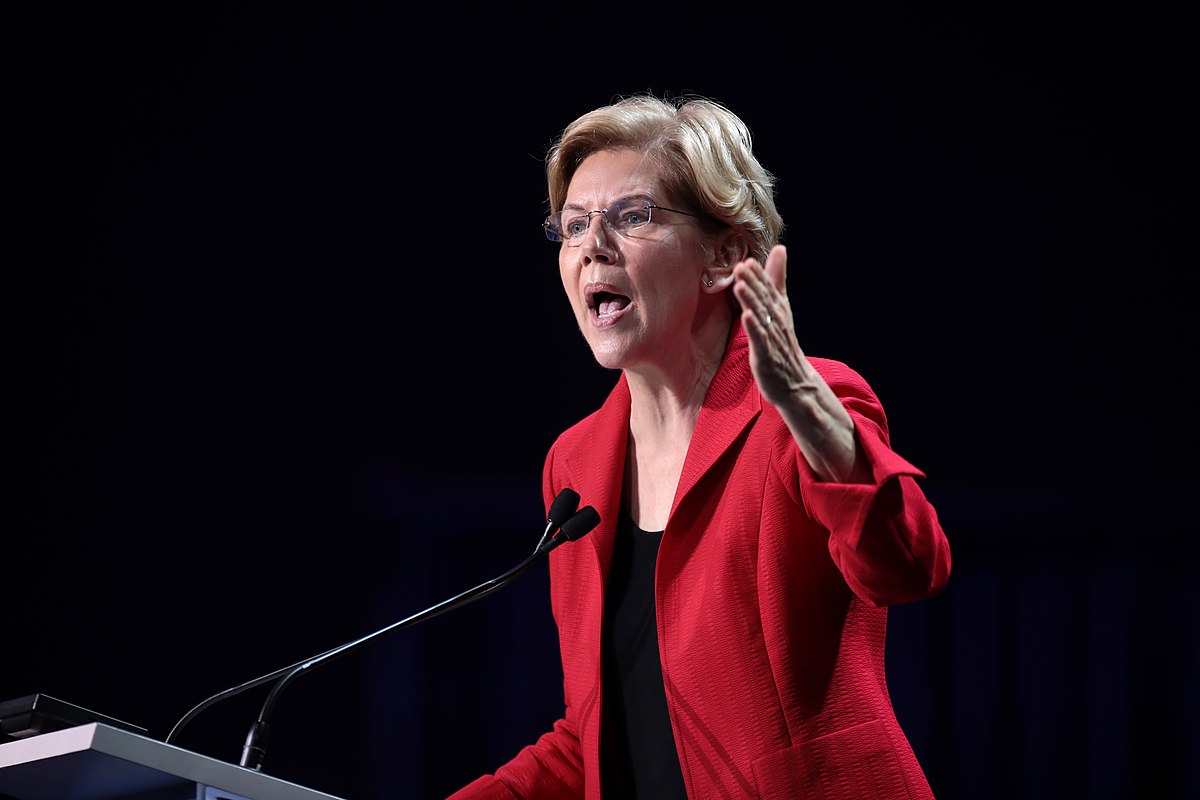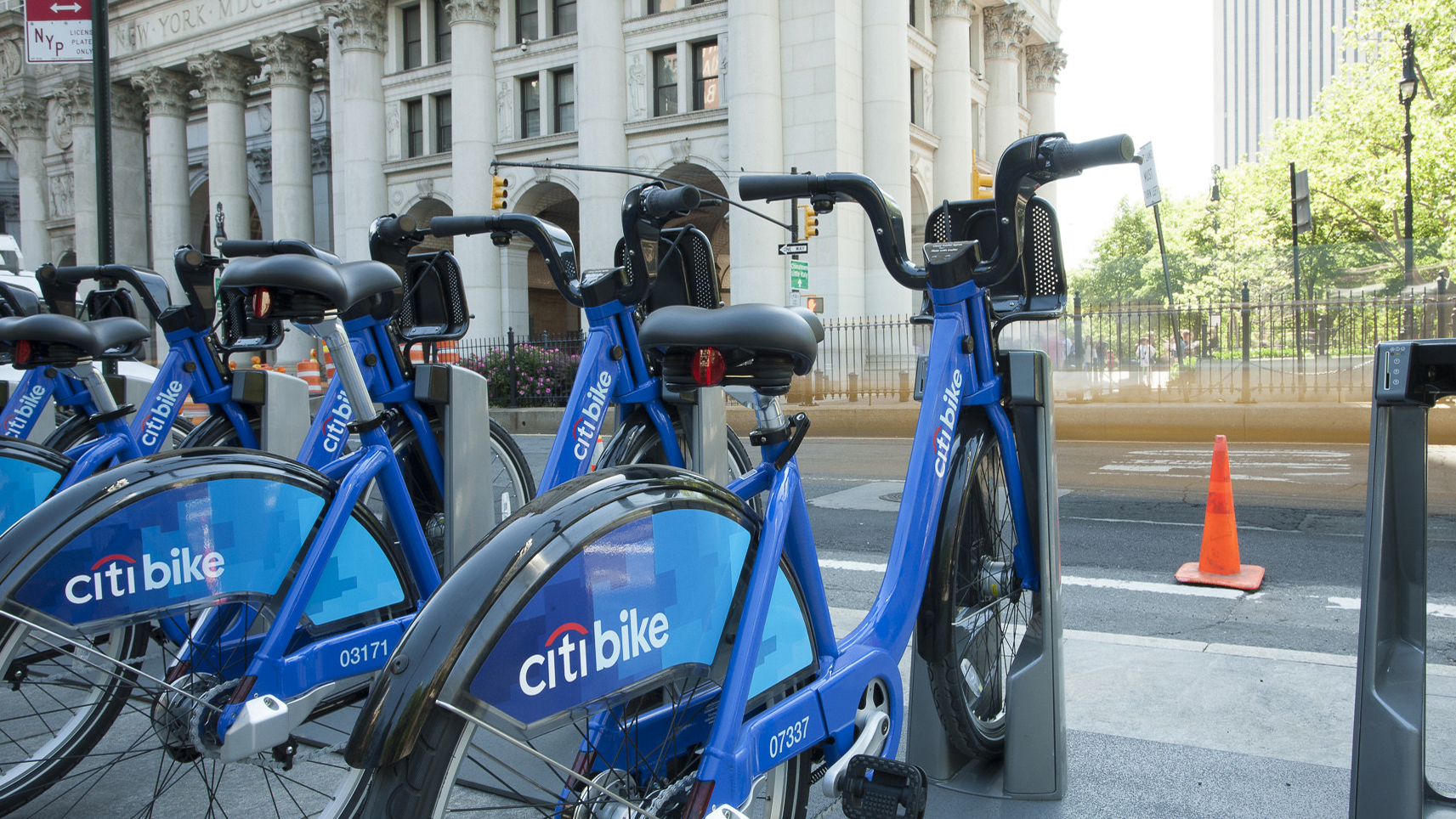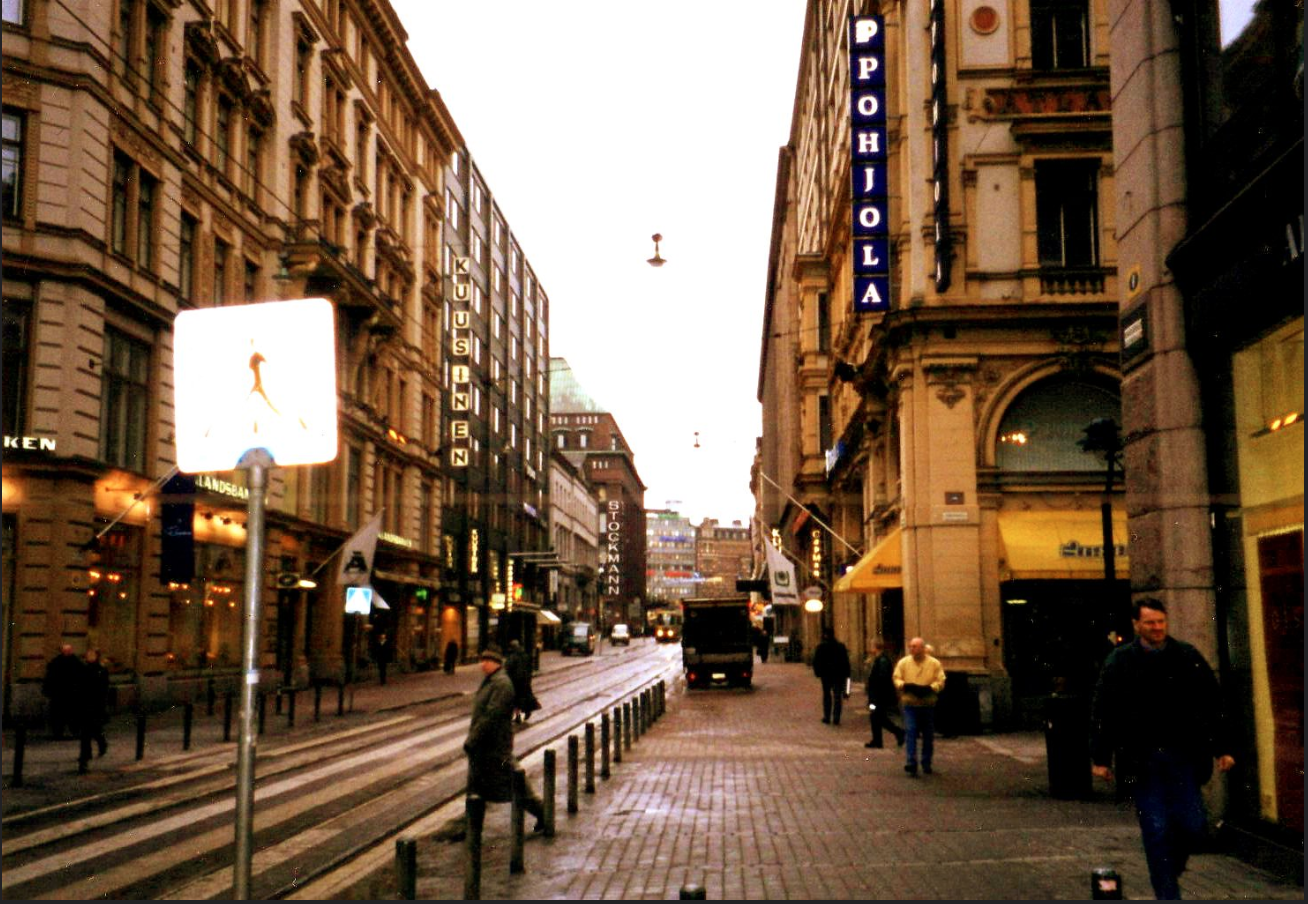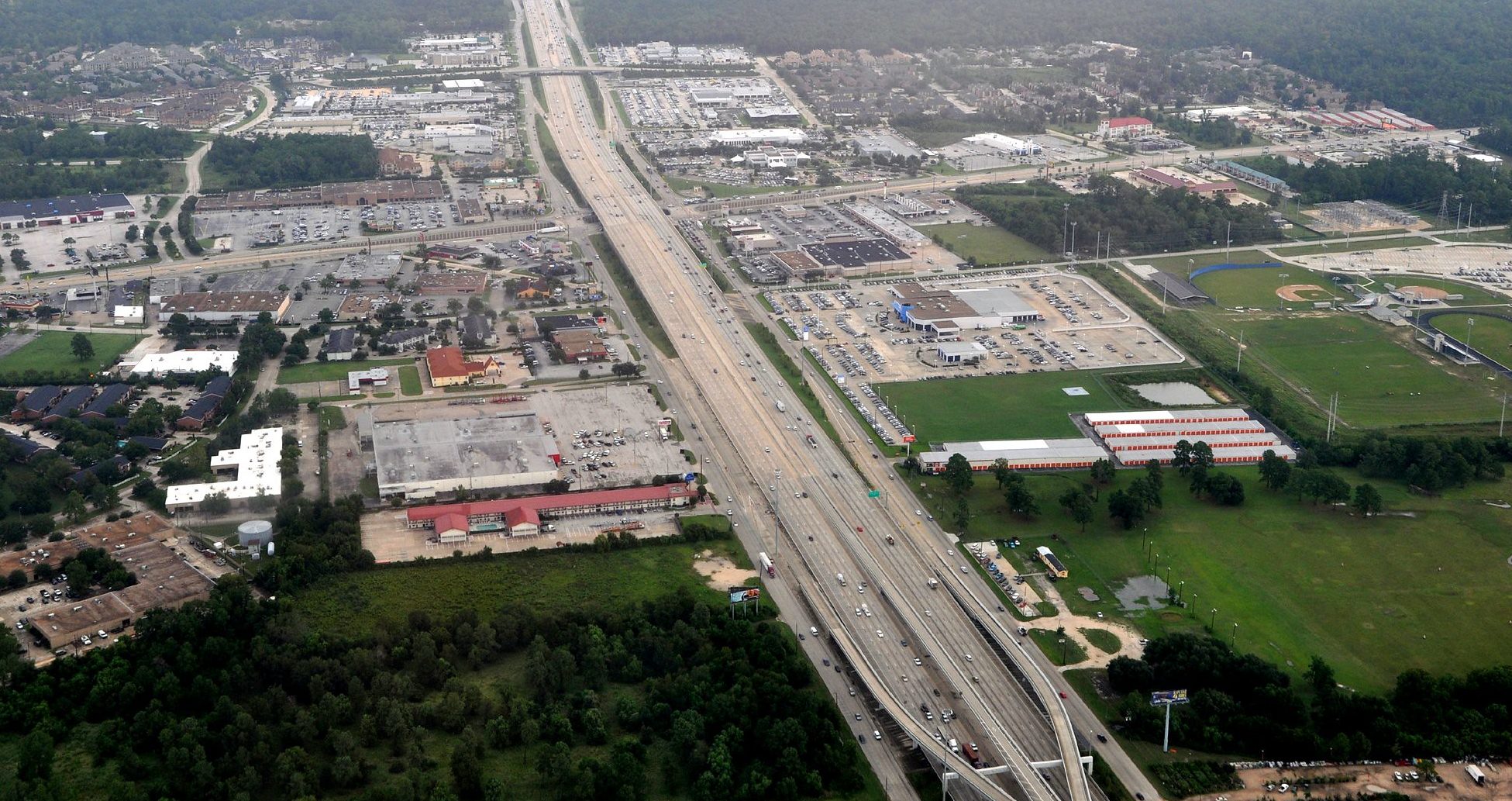Massachusetts Governor Charlie Baker has carefully cultivated the image of a business-minded Republican intent on running government more efficiently. Not only did he manage to win office in liberal Massachusetts, Baker's 71 percent approval rating is nearly the highest of any governor in the nation.
But when it comes to transit, Baker's spending priorities are not consistent with his pragmatic persona. His decisions regarding which Boston-area transit projects to fund, which to threaten with cuts, and which to ignore entirely, appear rooted in political image-making rather than economic criteria.
Four proposed rail extensions tell the story.
Baker has brushed off bipartisan calls to build the transformational North-South Rail Link, saying it is unaffordable. But at the same time, he supports the low-impact South Coast Rail and South Station Expansion, conventional commuter rail projects that nevertheless cost almost as much together as the North-South Rail Link. A fourth project, the Green Line Extension, is also fairly high-impact, and was funded in previous administrations, but as costs grew, Baker threatened to cancel it unless there were budget cuts.
The pattern is that Baker threatens or refuses to fund projects based on how big they look, rather than their merits.
The North-South Rail Link, or NSRL, is a proposed tunnel in Downtown Boston, about three miles long, connecting the city's two train terminals, North Station and South Station. This would enable through-running trains between the South Side and North Side commuter lines, creating a modern regional rail network like the Paris RER.
NSRL's Major Investment Study from 2003 projected 327,000 commuter rail trips per weekday, up from about 130,000 today. The estimated cost is about $6-8 billion, but Democratic Congressman Seth Moulton says $2 billion would be in line with international costs of comparable projects. Despite the benefits, and the support of previous governors Mike Dukakis and Bill Weld, Baker only briefly considered NSRL before deciding against it on the grounds that it was too expensive.
Fiscally conservative think tanks raised the specter of cost overruns. However, large overruns on NSRL are unlikely. NSRL was planned in the Dukakis administration to go under the I-93 Central Artery tunnel as part of the Big Dig, but was not included in the final project. However, during construction of the Central Artery tunnel, the ground immediately underneath was cleared -- it's now just dirt, with no geotechnical surprises.
In other words, the work that typically triggers cost overruns for many urban rail tunnels has already been taken care of. While the region's rail advocates know this, fiscal conservatives still assume NSRL has as much cost escalation risk as any other rail tunnel.
While Baker has refused to spend $6-8 billion on NSRL, he has paid little attention to high costs of the incremental South Station Expansion and South Coast Rail projects, which combined rival NSRL's pricetag but promise just a fraction of its benefits.
South Station Expansion, or SSX, would add tracks to South Station so more trains can terminate there and sit idle at midday, at a cost of $1.6 billion. Building NSRL, which enables through-running, would certainly obviate SSX. But Baker has suggested that SSX could be built first and NSRL later, at even higher expense than doing just one of the two projects.
Another project Baker seems comfortable will is South Coast Rail, or SCR -- a proposed reactivation of a 45-mile commuter rail branch to Fall River and New Bedford, two deindustrialized cities about 50 miles south of Boston. The cost has increased by a factor of 13 since the line was first proposed in 1995, after adjusting for inflation, and now stands at $3.42 billion. Per mile, this is costlier than most greenfield high-speed rail lines in the world. The weekday ridership projection is only 4,600, making for a projected cost of $740,000 per rider, far higher than the normal urban rail range is $15,000-50,000 in the U.S. and $5,000-$25,000 in Europe.
The limited benefits of SSX and SCR has led most Boston-area transit advocates to oppose both. But Baker seems uninterested in canceling them and diverting the money to higher priorities, even though their combined cost is close to that of NSRL.
While Baker appears unbothered by SCR costs, he has threatened a far more useful project that's undergone similar cost overruns. The Green Line Extension, or GLX, is a light rail branch that the state is mandated to build as mitigation for the Big Dig. The 4.3-mile GLX is now estimated to cost $3 billion, with 52,000 projected weekday trips. The high costs have caught the governor's attention, and he threatened to cancel the project unless significant savings were found. The savings since identified involve scaling back useful parts of the project, : for example, to reach some station platforms, passengers would have to cross the tracks at-grade.
Clearly, Baker is capable of threatening projects he considers wasteful. The question is, how does he decide what is wasteful? This is not about actual costs and benefits. It isn't about demographics, either: NSRL would primarily help middle-class suburban commuters, many of whom voted for Baker, and the GLX is in rapidly gentrifying Somerville. Racial discrimination doesn't explain Baker's stance.
A more likely explanation is that Baker cares deeply about appearances. He isn't basing transit expansion policy on cost-effectiveness or budget risks, but on whether the projects look big. NSRL is a tunnel with the potential to transform the region, so it must be unaffordable. SCR and SSX are incremental projects, building on the existing paradigm of commuter rail, so they must be sensible. GLX is somewhere in between, so it can be funded provided costs are cut.
"Nobody ever got fired for buying IBM," the saying goes, and nobody gets voted out of office for building a status quo infrastructure project. While NSRL has low geological and economic risk, its political risk is high. Precisely because it is such a big change, if the state goes forward and builds it, the media will watch carefully and criticize every misstep.
In contrast, low-profile investments are politically safe. The limited scope of SCR ensures that it is not a major political issue: It was originally a cheap project, and the political system still thinks of it as one, so the cost overruns have not led to scandal. SSX is even smaller in scope, since it doesn't provide any visible service. GLX is again intermediate in visibility.
Given high construction costs, in Boston as well as elsewhere in the U.S., states could use political executives who approach transit policy as pragmatic, no-nonsense managers. Unfortunately, leaders like Baker still end up engaging in theater: It is more important to them to be perceived as prudent than to make smart investment decisions. They manage their appearances and not the states they have been entrusted to run.
